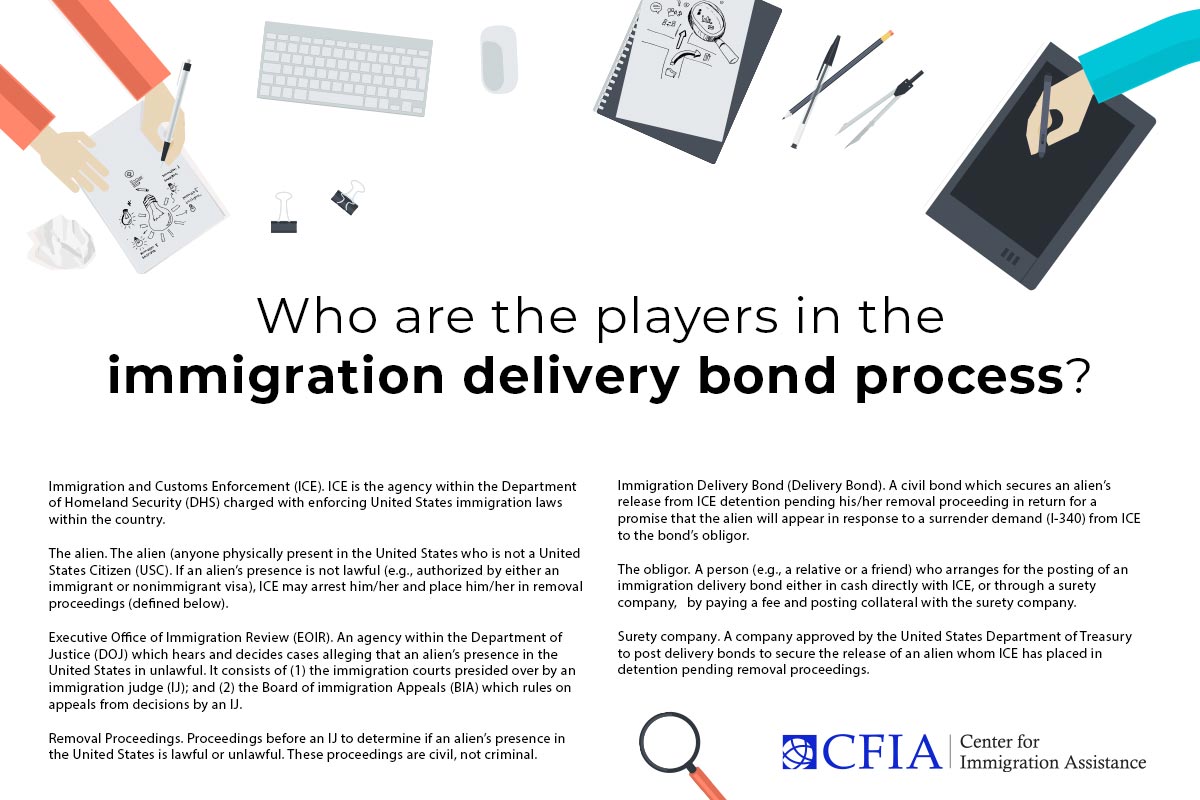If you or a family member are ever involved detained in an immigration detention center, or just in general involved in the immigration process, it is definitely worth paying for the services of an experienced and respected immigration attorney. Immigration laws and the process is complex and difficult to navigate for most that are caught up in it. Below are the top reasons why involving an immigration attorney is beneficial:
- Immigration laws are complex. Not just in how they are written, but also how they are interpreted and enforced. Having an attorney can take the guesswork out of the process and prevents mistakes and missteps.
- When an alien uses the services of an immigration attorney, they will be able to move through the process more easily and quickly as priority is given to cases that have attorneys associated with them.
- Attorneys can play the role of a valuable and important middleman between an alien in custody and a family, as the attorney has easier access to the facility.
- Attorneys act as an advocate for the alien and their family in a system where there is not a lot of access and support to be represented in a timely and effective manner.
- Attorneys can help facilitate the process of release through their relationships with the best and most professional immigration bondsmen.
- The immigration landscape in this country constantly shifting. Working with a professional attorney who is not only familiar with current events but also has their finger on the pulse of the immigration situation is invaluable.
These are just a few of the reasons why retaining an immigration attorney is beneficial to any alien or family currently involved in the immigration process.










